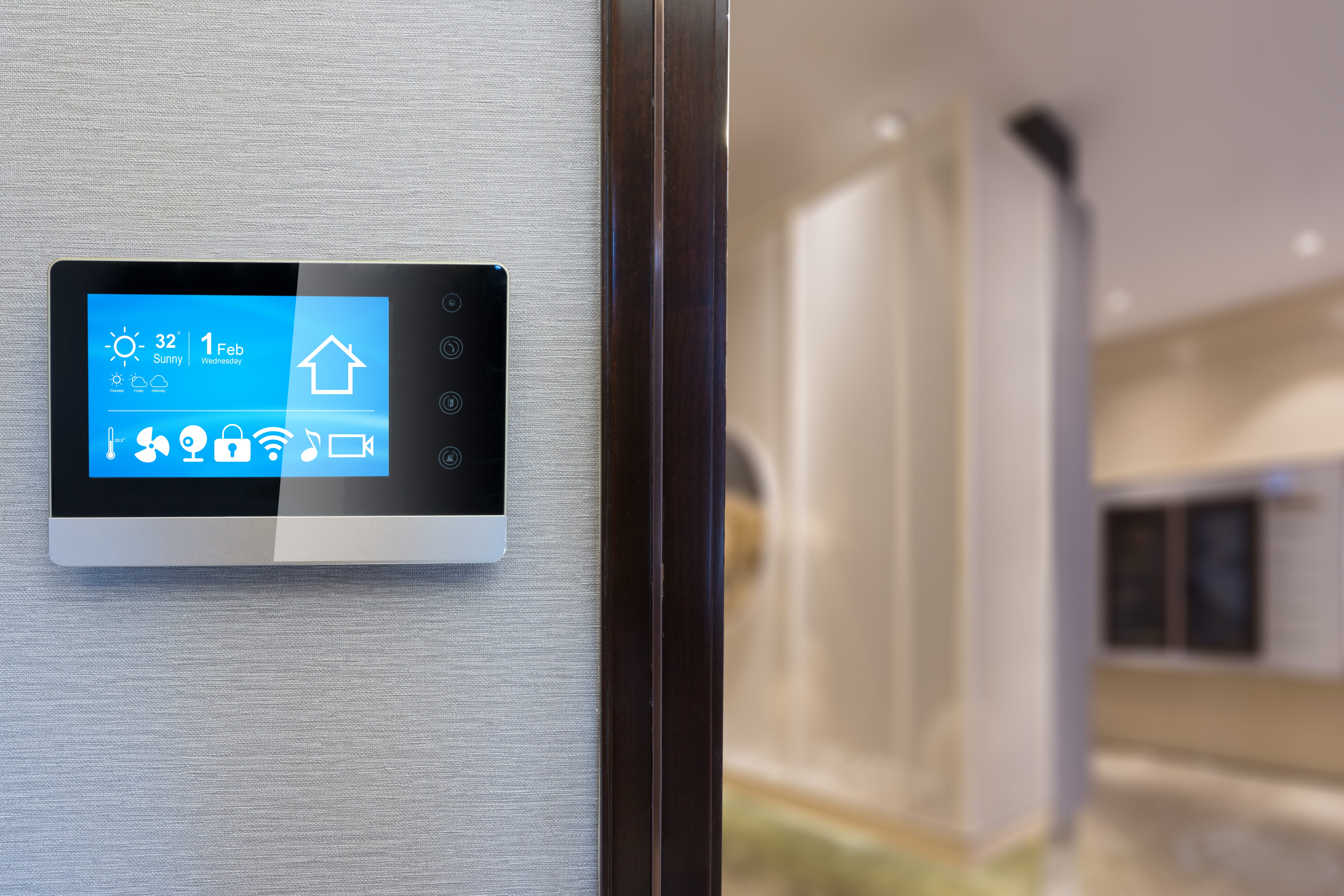When it’s time to purchase a new appliance for your home, you want one that works well and can also help you conserve energy and save on your electricity bill.
Whether you need a new dishwasher or refrigerator, or it’s time to pick out a more efficient washer and dryer, Gexa Energy has put together a guide to choosing energy-efficient appliances. Follow our tips on how to make your home more environmentally friendly.
What to Look for When Shopping for Energy-Saving Appliances
You’ve likely noticed the ENERGY STAR® label on home appliances and electronics. This blue label lets consumers know that the model is more energy-efficient than competing products without the ENERGY STAR® certification. But this label isn’t the only thing to look out for when shopping for energy-efficient appliances.
Every new appliance has two relevant price considerations: the purchase price and the cost of operating the product. You can compare operating costs between different models to see which one is more likely to save energy and money. Known as the Energy Guide label, this information is designed to help you make an informed purchasing decision and choose the best energy-efficient washer and dryer or other appliance.
{{CTA-thermostat-right-plan}}
Best Appliances to Upgrade for an Energy-Efficient Home
Any appliance that homeowners use regularly—like a refrigerator or washing machine—offers huge potential for energy savings. In most cases, if an appliance is over 10 to 15 years old, you could be wasting money just by running it.
Below are the best products in your house to replace with eco-friendly appliances if you want to create a more energy-efficient home.
Related: Learn about appliance electricity usage and which products in your home use the most energy.
Refrigerators & Freezers
Older fridges and freezers can consume a ton of energy. In fact, ENERGY STAR® estimates that refrigerators that are over a decade old cost U.S. homeowners a combined $5 billion in utility fees. For example, if your refrigerator is over 16 years old, you’re likely spending more than $120 a year just to keep it running.
Switching to an energy-efficient fridge allows you to potentially save hundreds—and sometimes even thousands—of dollars over the appliance’s lifetime, not to mention modern features that can benefit everyone in your home.
Dishwashers
Another kitchen appliance that can be a huge energy hog is the dishwasher. Models that were produced more than 20 years ago waste both energy and water—as much as 10 gallons with each washing cycle. At that rate, one load a day adds up to over 3,500 gallons of water wasted each year.
Fortunately, like most technologies, dishwashers have improved significantly in the past ten years. By replacing your old model with an ENERGY STAR® -certified alternative, you can save enough money to cover your detergent costs for a year.
Washing Machines
Like dishwashers, washing machines consume a lot of water and energy each time you run a load. If your washing machine is over 10 years old, you could be spending $180 a year on wasted energy and water.
An energy-efficient washer uses around 40% less water and 25% less energy, resulting in thousands of gallons of water conserved each year. Plus, newer washing machines tend to have higher capacity, which means you can do fewer loads, translating to even more savings.
Home Energy-Saving Tips
Upgrading energy-efficient appliances isn’t the only way to conserve energy and save money on utility expenses. There are other changes, both small and large, that you can make to ensure your home is a little greener:
- Install ceiling fans in rooms where your family spends the most time to reduce the need for air conditioning
- Purchase a smart thermostat, which can help you save as much as 10% on heating and cooling by offering you more control over your home’s temperature
- Switch all incandescent light bulbs to LEDs or CFLs, which consume less energy
- Look for available rebates before purchasing a new energy-efficient appliance
- When making big home upgrades and improvements, see if you qualify for low-interest financing to reduce the upfront cost
- Consider switching to solar power to save money with solar energy
Related: Make changes to your routine and create energy-saving habits in your daily life.
If the appliances in your home are dated, it’s a good idea to swap them out for newer, more efficient models. Not only is your 15-year-old fridge probably not operating at its full potential anymore, but it’s also likely costing you much more than necessary to run. Energy-efficient refrigerators and other appliances can help save you money and reduce your environmental footprint.
See the difference for yourself and save energy by upgrading your appliances, as well as finding smaller ways to conserve energy in your home.
Contact Gexa Energy to learn more about our 100% renewable plans from environmentally friendly renewable sources.






































